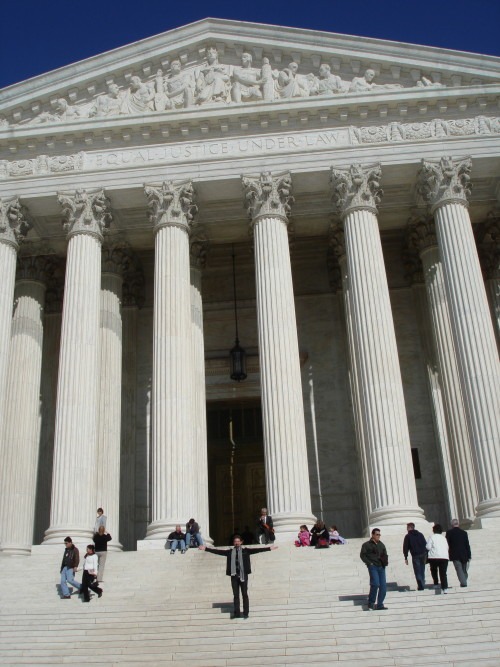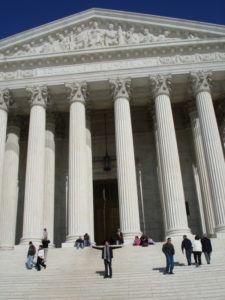

Yesterday, the Supreme Court ruled in the closely watched Hobby Lobby case that some businesses could avoid paying for four specific types of birth control methods under the Affordable Care Act (“Obamacare,” in common parlance). All politics and moral questions aside (there’s plenty of literature available from a quick Google search here, or the following political articles: here, and here), the Court’s ruling creates an interesting workaround that allows employees to receive insurance that includes emergency contraceptives, but with the caveat that businesses no longer have to pay for those products if doing so conflicts with their religious beliefs.
The Affordable Care Act includes a general mandate that requires businesses to provide full-coverage insurance to their employees. Moreover, the insurance provided must include coverage for various types of birth control, including emergency contraceptives. The Hobby Lobby case arose out of Hobby Lobby’s refusal to provide certain types of coverage to its employees on the grounds that the use of emergency contraceptives violated their religion, and that the Government’s enormous fines that were issued to Hobby Lobby for its refusal prevented their free exercise rights.
The Burwell v. Hobby Lobby Stores decision allows closely held businesses that are owned by devout religious business-owners to file for an exemption from the mandate. (Note that whether this exemption has to be filed or simply sent in the form of a letter has yet to be clarified—more on this here.)
What’s interesting about the Court’s opinion, is that employees will still receive emergency contraceptive coverage from the insurance their employers provide. The only difference is that the employers are no longer required to pay for that coverage. (A list of the four different types of contraception that the Court granted exemptions for is available here.)
It’s supposed to work out like this: once the business files for the exemption from the mandate for up to four different types of emergency contraceptives, the Government cannot issue penalties/fines to the business. The insurance provider, however, is still required to provide emergency contraception coverage to the employee.
It is uncertain who will foot the bill for this (it may be the insurance provider themselves, which could cause them to charge their business-client more, or it may be paid by Government subsidy programs provided by Affordable Care Act legislation).
Regardless of the politics involved, I think this is a win for business owners. Whenever the Supreme Court allows business owners to make their own decisions rather than conform to congressional mandates, it creates precedent for allowing them to do the same in the future. It also, obviously, creates a narrow exception to the overall Obamacare mandate that required all businesses to provide comprehensive insurance coverage to its employees.
Yesterday, the Supreme Court issued a narrow decision that allows businesses to file for an exemption to the Obamacare contraception mandate. Now, upon filing the form discussed in the above section, businesses can refrain from providing insurance for the four specific types of emergency contraceptives specified in the Hobby Lobby case. Looking at it objectively, this is probably a win for business owners, as it creates precedence for businesses to avoid government fines even when their business practice conflicts with a congressional mandate. How that cost will be passed along, however, remains to be seen.
Jonathan Sparks is the principal attorney at Sparks Law, where he helps small to medium sized companies with their legal issues, general counsel and registered agent services.
– Jonathan Sparks, Esq.